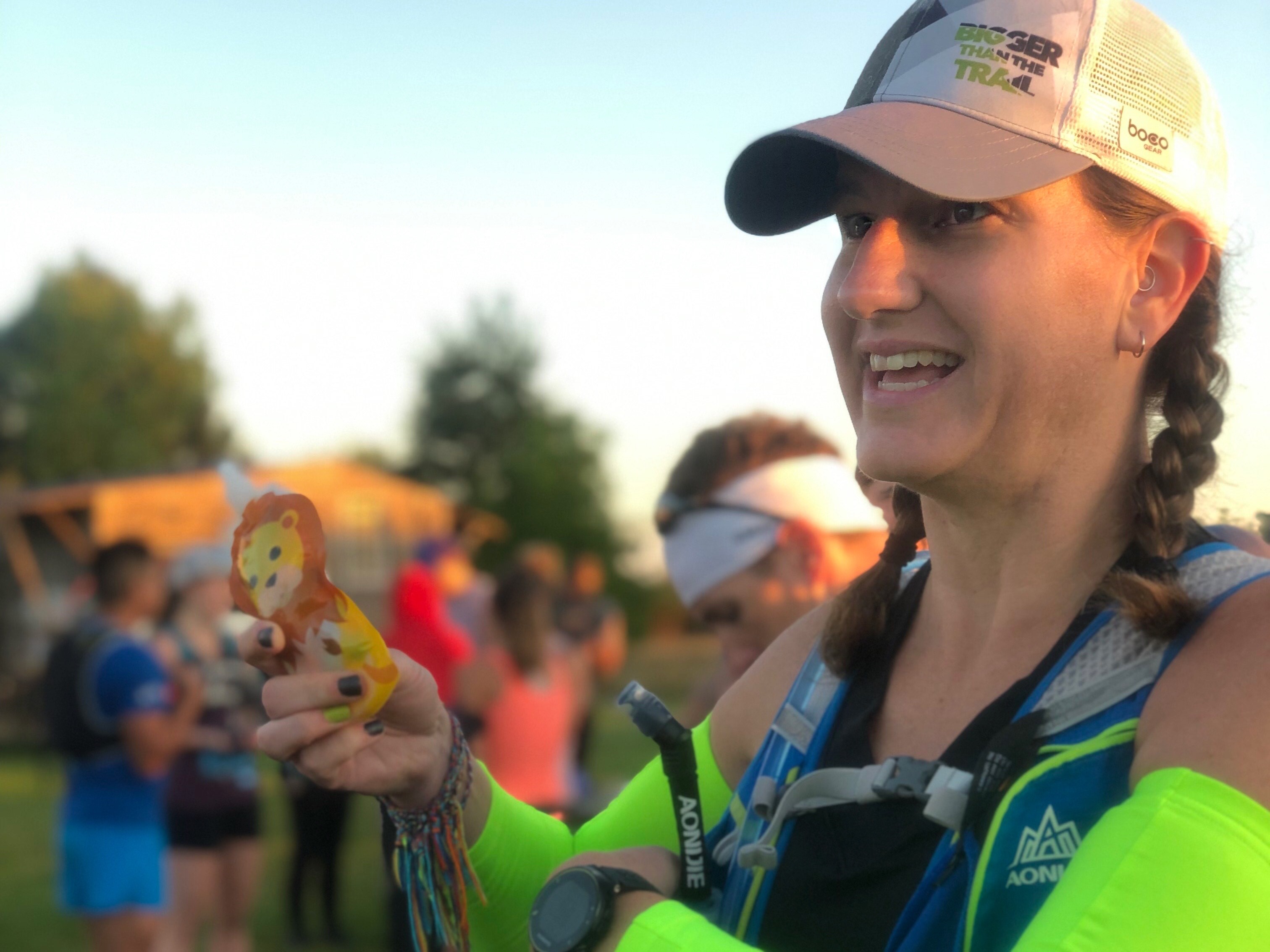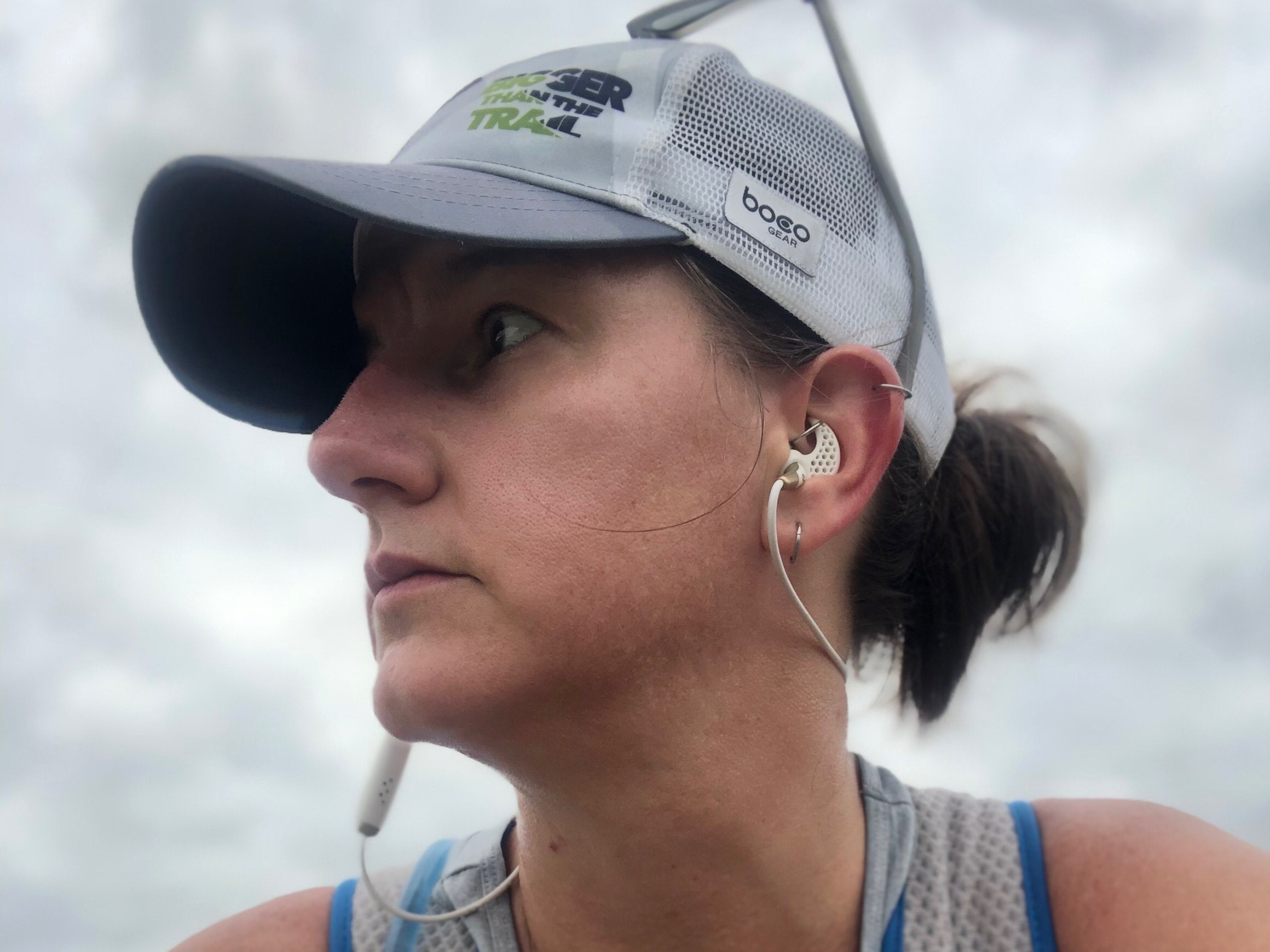Welcome to our series of RoundPie interviews, where we show you the people who use RoundPie and their stories. Today we are speaking to Miss Smedema, owner of a small business and ambassador of Bigger Than the Trail community, about her way to boost productivity.
Miss Smedema Talks on How To BRoundPieeat Bipolar And Boost Productivity

What are your challenges and your goals, and how does RoundPie help you to solve them?
I have bipolar type 2, which means my mood swings between depression and hypomania. When I'm hypomanic, it’s hard to focus on anything. RoundPie helps me stay on task. “Okay, you're gonna do this for 15 minutes and then you can take a break and be distracted. Then you're going to focus for 15 minutes again.”
On the flip side, when I'm low in depression, then I tell myself: “okay, all you need to do is five minutes, then you can take a 15-minute break - and then you go back and do something for 5 minutes and take a 15-minute break”. So when I'm high, it helps me focus - and when I'm low, it helps me get things done.
How do you most commonly use RoundPie? On what time periods or projects it seems to be the most helpful for you?
I have RoundPie connected up with my TodoIst App. In TodoIst, I have my own personal tasks as well as tasks for my small business. So I've got my personal stuff that I need to do (pay bills), some stuff that I would like to do, but they aren’t a priority (my garden) or my invoicing. I've got a list of house maintenance as well.
As a newly divorced homeowner, I don't know what the heck I'm doing. In the fall, apparently, I need to clean the gutters, - who knows this, right? So it all goes on those different lists. I can bring those things into RoundPie, which is amazing - because I don't have to flip back and forth between two apps to set a timer and then figure out my next task. It all just filters in together. If I didn't have TodoIst and RoundPie, I would be lost. I can bring up Todoist on my phone, I can bring it up when I'm at work, I can bring it up on my laptop, etc.
When I'm hypomanic, I've got all of these things that are coming into my head that seemed like a really good idea. It’s a huge help to write them down. Instead of trying to do 13 things at once, I can put them in Todoist, and stay focused on what I’m doing. Then when I have time, I can evaluate those ideas (one of the symptoms of hypomania is poor decision making) and choose what to keep. Then I can use RoundPie to keep me on track to accomplish the tasks I’ve kept. And on the flip side of days, when I’m depressed and it's hard to even get out of bed - I'm feeling guilty because I haven't done the laundry, I need to unload the dishwasher, and so on.
Now I can still put those seemingly small items on my TodoIst list, and have that feeling: okay, I spent 5 minutes - I got the dishes out of the dishwasher, and onto the counter and I'm going to sit and take a break. And then another five minutes - I got the dishes from the counter into the cupboards, and then I can take a break. Then I can mark that off my to-do list - that I have accomplished something, even when it seems like the world is crashing around me. I’ve got the dishwasher unloaded and that is just a huge thing - that I do to keep myself going.
Could you describe some of the first results that you achieved by tracking your time? How did you feel when you first notice that it works?
It's like a weight is lifted off your shoulders because I don't lose time as much. With mental health and going back and forth between that hypomania and the depression, it’s easier to numb out or dissociate. I would sit down and watch tv for three hours and get nothing done. That's how I can keep my brain from bouncing back and forth. If I’m using RoundPie, I might watch 3 hours of Netflix over the course of the day during breaks. But I’m still focusing on tasks for 5/10/15 minutes at a time. The days when I'm feeling really good, I'm level and I'm stable - I can do the bigger work sections. I love that you can change the amount of work time versus the break time.
In RoundPie, you can adjust the time chunks.
Right. So then I'll work for 20 minutes at a time and then take a five-minute break like the traditional.
Could you share some tips with those who just started using time tracking?
Yeah, totally! Just write it down, whatever or wherever you need - write it down on a piece of paper, on a piece of scrap paper, in an email, in a text message – whatever it is that you need to do. Then you can come back and organize it. You can break it down into smaller steps, and you can prioritize stuff, but if you've got it all floating around in your brain space - you can't grab the tail of anything to get anything actually accomplished.
I don't even really use it for work. I just use it for personal life, so I think there are so many different applications depending on what your strengths and weaknesses are.
How do you track the progress?
I think for me the progress is not necessarily the numbers. I don't think you can quantify it. I think it's qualitative. When I can go into my house and actually relax instead of looking around and feeling stressed, feeling like I'm living in chaos all the time. It's like - hey, guess what? My kitchen is actually clean and I don't have to come home and feel “Oh shit. I've gotta clean up from dinner last night”. That just helps me make progress through larger projects. Once you get a project done (such as organizing a room), then you can maintain it. For me, that's where I really see the changes: just bringing some peace and calm into my life.
How did you find our app?
I think I found it as a suggestion on Reddit or something like that, and I thought: ok, Let me try this. Let me see how this works. And it really makes an impact in those days like tomorrow – when it’s Saturday, and I have a client in the morning and in the evening, and I have the middle of the day open. I want to sit and watch Netflix all day and I want to get all the things marked off my to-do list - and instead of having to stress about which one I want to do and then freeze and get stuck, I can prioritize my tasks and then work through them with RoundPie timer.

Would you suggest using RoundPie for the people with bipolar, those who are coping with ADHD?
Absolutely. When you are struggling with mental health, there's no one answer. Your medication isn't going to fix it. Therapy isn't going to fix it. Coping strategies aren't going to fix it. You need to have all these different things in place. We all have very unique situations, but I think it's absolutely a tool that people would find helpful. I can tell you there was one day that I went into the kitchen to refill my water bottle. When I left the kitchen, I had made two plant-based “meat” loaves, some bread, did all the dishes - and I never filled my water bottle. That's just how my brain was going that day. To have something that says “Stop! When you get to the end of this work period - then you can take the five minutes and go fill your water bottle.” If I get distracted by something else during my break and it clicks again - “Get back to what you're supposed to be doing, this is not the time to make all the food!”
If you would like to be featured in this interview series as well, please contact us at info@rpie.me, for a chance to show:
- Your Pomodoro™ Technique and RoundPie story about productivity
- Your name and photo
- Link to your website
- Your personal experience
Looking forward to your submissions!
What would you like to know and what would be the best way to share this information to you? What is the best tips & tricks, what workaround do you use? We'd really appreciate your insight on these ones to make our integrations better, more productive, and much more efficient. Comments, tweets are always welcome!